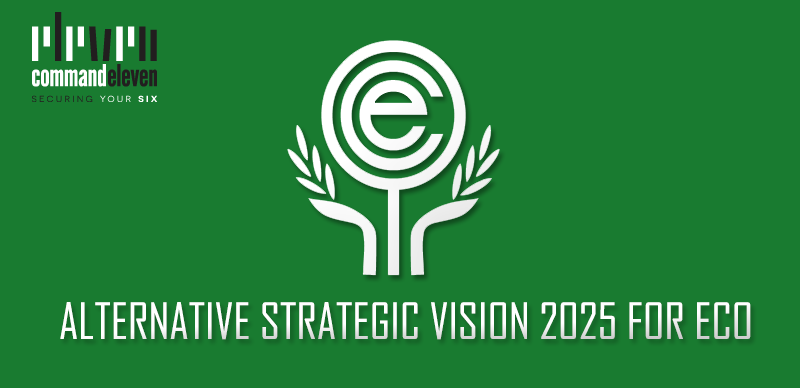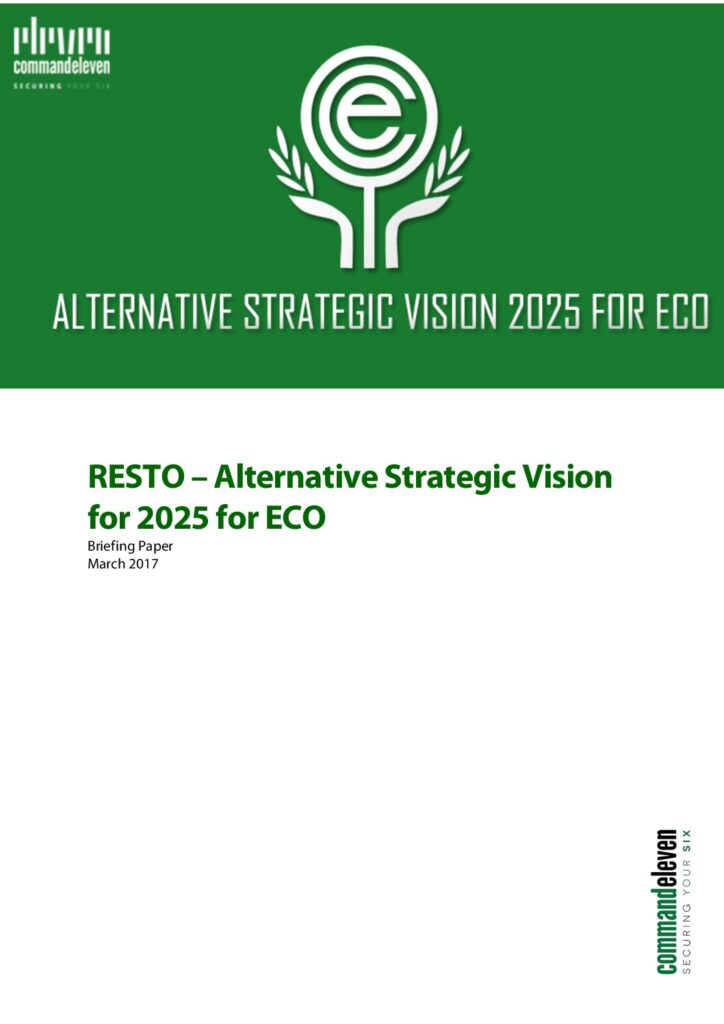Executive Summary
Let us admit it for once that the Economic Cooperation Organization (ECO) is nothing more than an international club of Muslim states which has very limited success to its name for over a generational period.
If we compare its performance to similar multinational structures, like the ASEAN, we clearly see that ECO is badly failed at delivering its objectives, if not completely failed already. Yes, we have all heard about the lofty goals of the ECO Vision 2025, the smiles given away for photographers, the lengthy and warm handshakes and how everything is going to be just fine, because ECO is somehow going to pull a miraculous rabbit out of the geopolitical hat, which it has failed to do for the past 32 years. The problem is not with the ECO itself, which was created with sincere intentions in mind and does represent the strong relations of the regional member states.
The problem, in our assessment, is that the ECO suffers from a chronically limited scope and the gutsy strategic analysis of the current and dire challenges facing the member states, which should have formed the basis of the ECO’s Vision 2025.
Today, we are presenting our own version of the Vision 2025 because the current ‘vision,’ if we can really call it that, is not only short legged but also mediocre and simply irrelevant to the fast-changing regional geopolitical weather forecast.
THE BIG IDEA
In order to truly understand this ‘big idea,’ you must understand the genesis of multi-national cooperation outfits in its true spirit. They have only one objective – to solve problems together through multilateral cooperation which countries can’t solve on their own due to their limited ‘National Power Index’. Such multi-national cooperation can be economic, military, strategic, political or all of them at once. The philosophy of such organizational structures is rooted deep inside the mutual challenges faced by the member states of a particular organization at any given time. The organization, therefore, is equipped accordingly with the right tools and powers to deliver the inter-governmental goals in an equitable and fair manner, which is acceptable to all members, where ECO has failed.
Let’s also look at the maps of the member states of ECO and try to understand what their most serious challenge is in 2017. In our analysis, the economy is definitely a major challenge but their most serious challenge is security. Turkey, Pakistan, Iran, and Afghanistan are engaged in a conflict one way or another – internally, externally, or in some cases both. Azerbaijan is engaged in a dispute with Armenia and the other Central Asian member states are growing increasingly wary of the increasing Russian influence in their periphery. There is the massive challenge of terrorism which threatens the sustainability of every member state involved.
If ECO truly represents the core interests of the member states, then it should not only represent the economic interests, but also their legitimate security and diplomatic interests.
Therefore, we are presenting an idea to morph ECO into the Regional Economic and Security Treaty Organization (RESTO), just as ECO succeeded the RCD.
The idea of RESTO is to restructure ECO by including core elements of regional state interests like defense, security and diplomacy into its organizational vision 2025, thereby, enabling the organization to function across the vast spectrum of the geopolitical chessboard, which threatens the collective interests of the regional states.
The RESTO will not be created to ‘rest in peace’ like the ECO is currently doing. This organization would become the driving force for regional integration, free trade, economic synergy, freedom of movement, borderless travel and, most importantly, protecting the member states from all conventional, non-conventional and even nuclear threats.
The major objectives are listed below.



